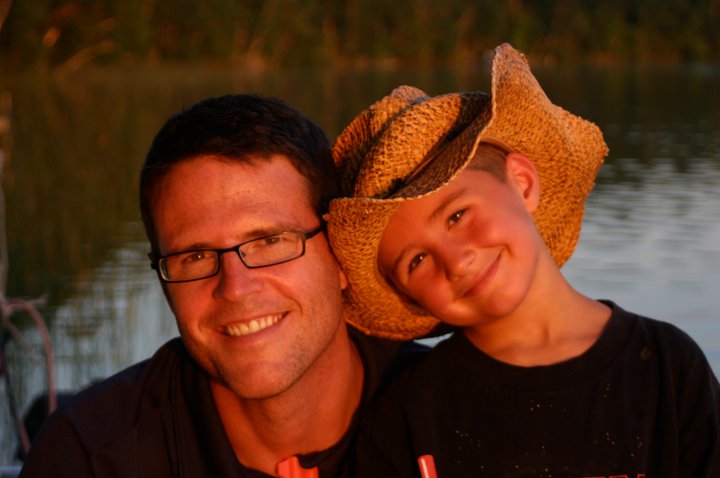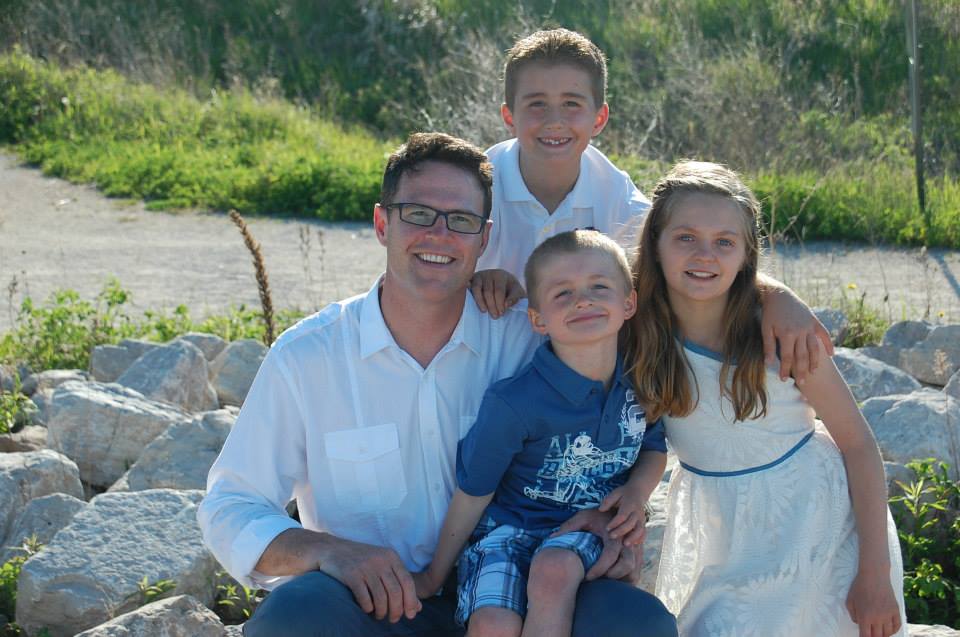Jonah’s Story
Below is the first of a series of stories showing the faces of the pain-capable unborn child. There are times when pain-capable unborn babies are diagnosed in the womb with a disability, and parents are pressured to abort. Whether or not an unborn child is diagnosed with a disability, he or she can feel pain, and deserves our protection.
This is Jonah’s story, from his dad:

One afternoon I was speaking with a doctor that I was calling on while I was working in the pharmaceutical field. The clinic I was in was in one of Milwaukee’s most impoverished communities on the south side. The clinic served a heavily Hispanic population. Many had little education, little English, and sparse resources at best. I was dropping off free samples for an STD medicine I sold.
The doctor asked how I was doing and I took the opportunity to say proudly, “not bad considering I am juggling a new job, a 1 year old at home, and pregnant wife on long-term bed rest due to a complicated pregnancy.” After asking a few casual questions, he very quickly advised my wife and I to “cut our losses”- to abort our unborn child, Jonah – “because it will slow your family down,” he said.
I will never forget those words. I had told him that our perinatologist said for us to “expect a second trimester event,” which would be a miscarriage because of pre-term labor. Then he said that IF our child survived, he would not be a “tax payer,” meaning he would have significant disabilities and therefore would never have gainful employment requiring him to pay taxes.
If that alone wasn’t hard enough for us as parents to process, here I was in front of another doctor giving me very pointed advice on why to seek an abortion. He personally had a brother that was cognitively and physically disabled and, although the family hoped for a miracle, it never happened and it “slowed his parents down.”
At that moment, his next patient came down the same hall where we were talking. She was a Hispanic, teenage mother who could not speak English, pushing a stroller with a child with significant disabilities. The doctor continued his lecture knowing she could not understand him saying, “See, here is an example now,” referring to the disabled child.
I was stunned as he spoke. I could not believe this doctor could give such one-sided advice, and I could not believe that he was dismissing not only my child’s life, but also the life of the precious but differently-abled child right before him.
Because I have never walked a day in someone else’s shoes I have tried to stay out of the business of telling someone what to do. However, these exchanges with those doctors, and their disregard for both my son’s and that child’s life, convinced me to speak out for him and all other babies who receive a prenatal diagnosis or are living with a disability.
No life is ordinary. Just as each child’s fingerprint formed inside the womb is unique, so is each child’s mark on the world.
Two highly trained medical professionals, with years of practice under their belts, both bet against Jonah either surviving, or being a productive “normal, ordinary” citizen. Their advice was scary, deeply personal, and filled with assumptions on all that “could” go wrong.
Well, their advice was wrong. Jonah survived a full term and an ultimately healthy pregnancy.
When did the doctors I spoke with lose the ability to provide hope?
Last year, Jonah won his chess tournament at his school against students two years older than him. This year he made a select baseball team as the youngest player. Jonah is head and shoulders physically above his peers. He is far from ordinary, he is extraordinary – just like the young Hispanic girl’s physically and mentally impaired child. Both of our children are loved in an extraordinary way, and both deserve a chance at life.
Today, I call on the Wisconsin State Legislature to protect all extraordinary lives with the Pain-Capable Unborn Child Protection Act. Not only does it save babies who feel pain regardless of ability, but it also ensures parents like me receive information on all the resources available in the case of a prenatal diagnosis of disability.
Jonah would not be alive today if I took the limited and unfortunate advice provided to me. I sincerely hope the legislature empowers doctors to ensure parents like me receive all the resources we need to support our extraordinary children – no matter their condition. I also hope other parents who face a prenatal diagnosis can receive the hope they so desperately need to spare not only themselves, but also their child, from the pain of abortion.
-Jeff Wenzler, Father of Jonah
